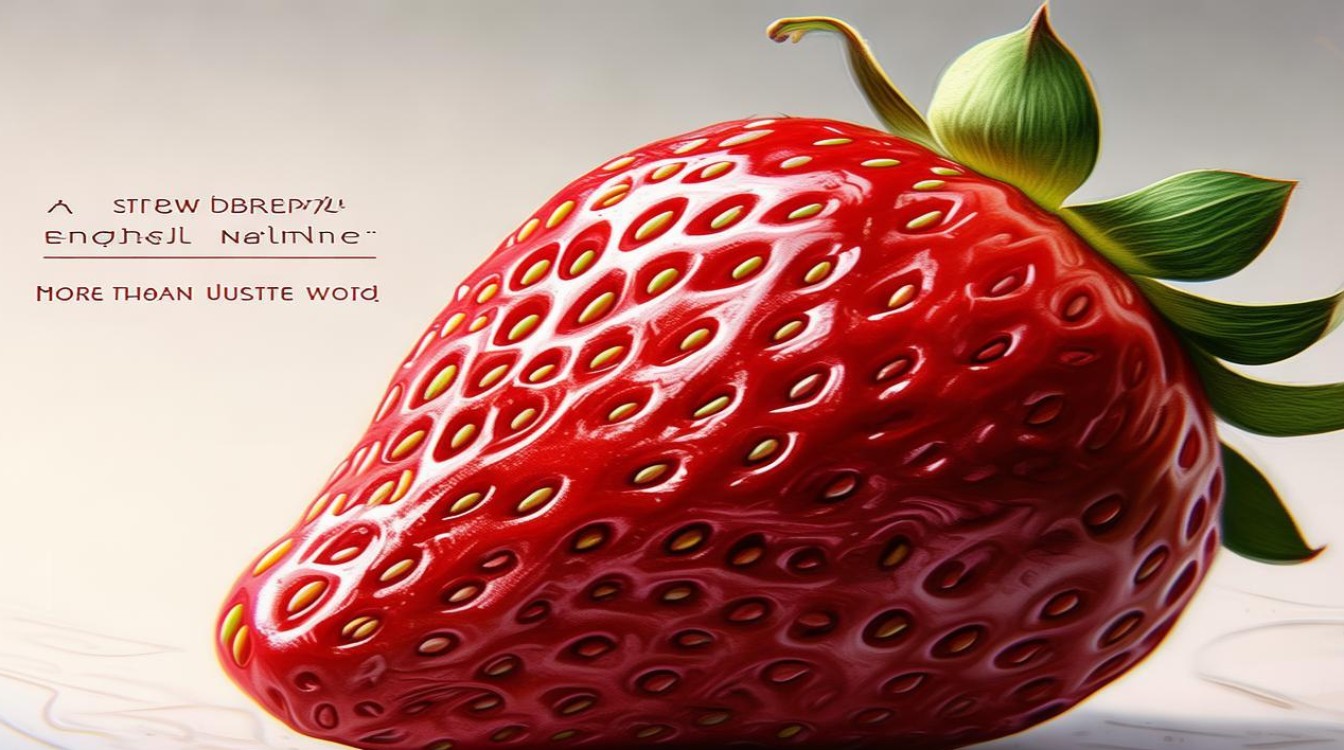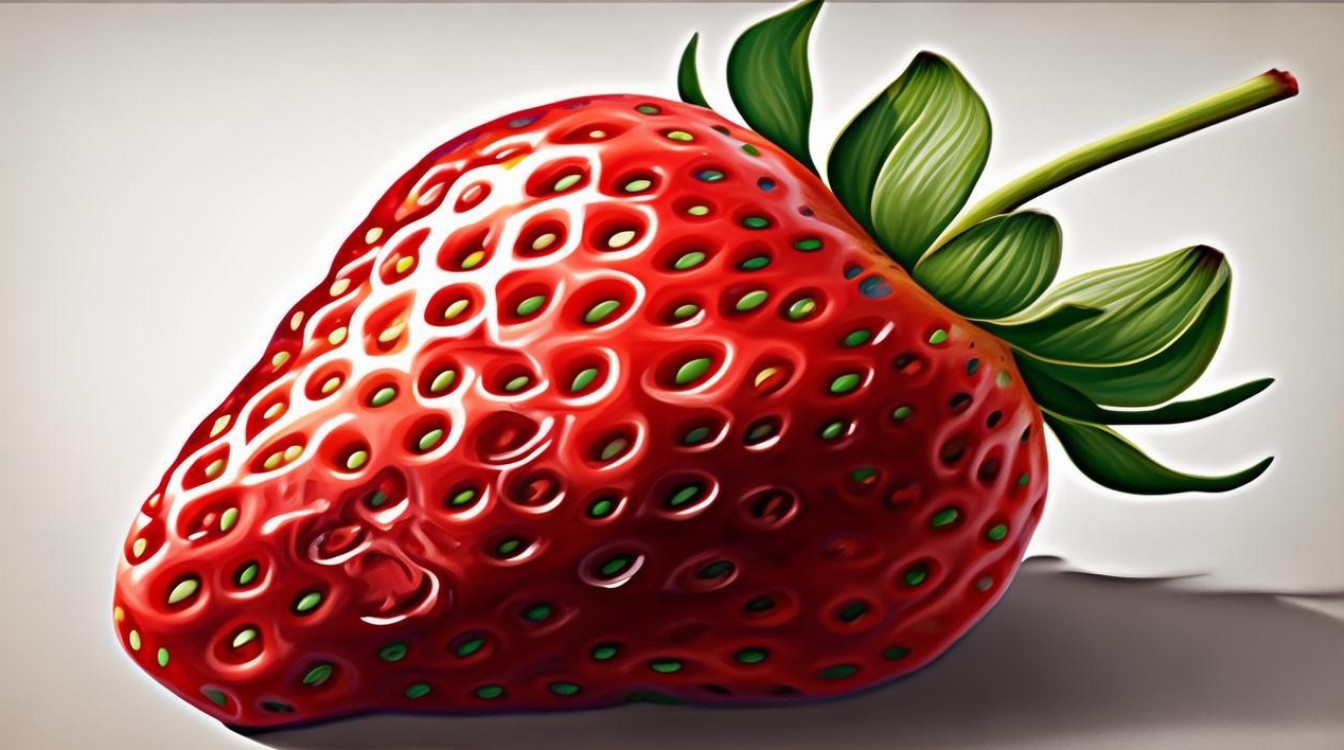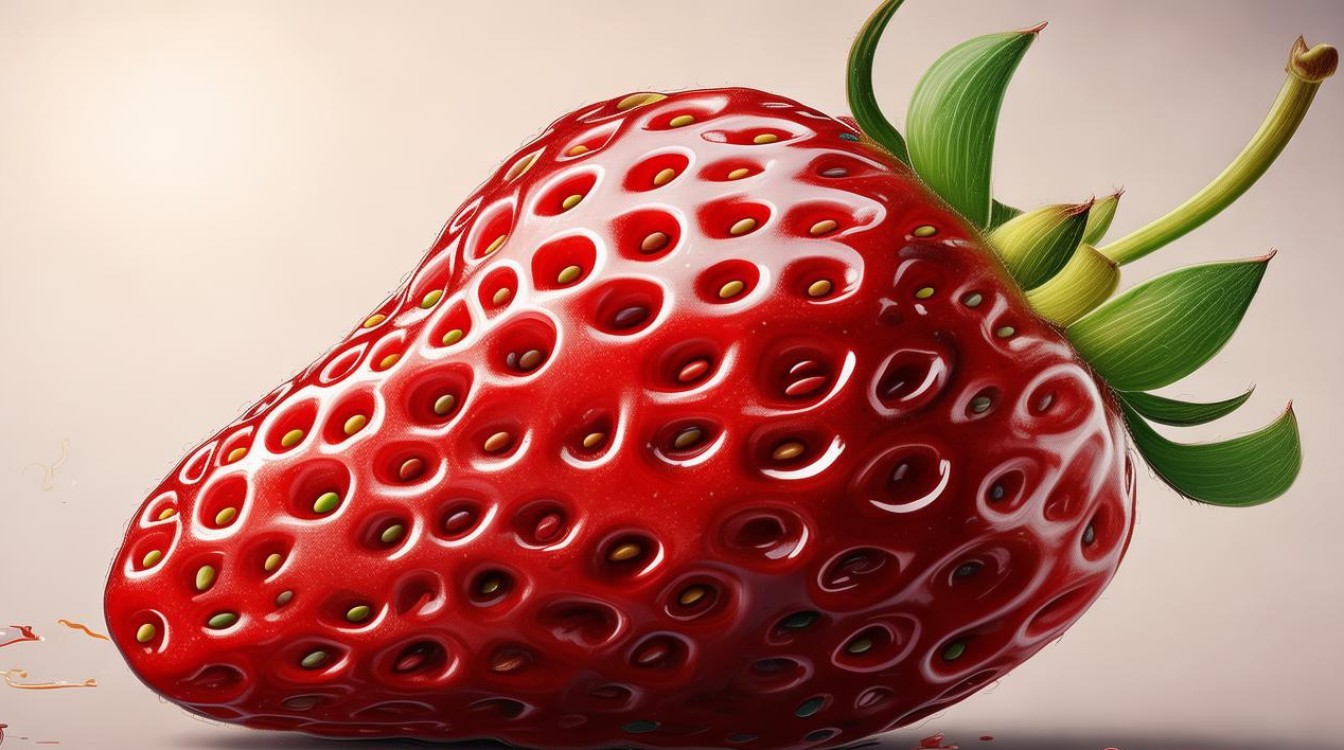When you bite into a juicy strawberry, sweetness bursts across your tongue. But have you ever wondered how this vibrant fruit got its English name? The word "strawberry" carries centuries of history, cultural influences, and linguistic evolution. Let’s explore its origins, pronunciation quirks, and why this tiny detail matters to language learners and curious minds alike.

The Etymology of "Strawberry"
The modern English term "strawberry" traces back to Old English strēawberiġe, a compound of strēaw (straw) and beriġe (berry). But why "straw"? Theories abound:
- Straw-Like Runners: Strawberries spread via thin, straw-like stems called "runners." Early observers might have named the plant for this trait.
- Mulching Practices: Medieval farmers placed straw around plants to protect fruit from dirt and pests, linking the berry to its bedding.
- Old English Roots: Strēaw could also imply "strewn," referencing how berries scatter low to the ground.
Unlike many fruits with Latin or Greek origins (like "orange" from Sanskrit nāraṅga), "strawberry" is distinctly Germanic. This makes it a linguistic relic of England’s agricultural past.
Pronunciation Pitfalls
Even simple words trip up learners. "Strawberry" seems straightforward, but non-native speakers often stumble:

- Stress Patterns: The first syllable carries the emphasis: STRAW-berry, not straw-BERRY.
- Slurred Syllables: In casual speech, it’s often pronounced "straw-bree," dropping the second "berry."
- Spelling Traps: The double "r" and silent "w" can confuse spellers. Compare "straw" (pronounced straw) versus "strawberry" (straw-bree).
Mispronunciations like "straw-ber-ree" or "straw-bery" are common but easily corrected with practice.
Cultural and Linguistic Curiosities
The strawberry’s name varies globally, reflecting local flavors:
- Spanish: Fresa (from Latin fraga).
- French: Fraise (linked to fragaria, the botanical genus).
- German: Erdbeere ("earth berry"), highlighting its low-growing habit.
In Japan, the term ichigo (苺) refers broadly to berries, showing how languages categorize fruits differently. Meanwhile, the Algonquian word wuttahimneash inspired regional Native American names, though English settlers retained their own term.

Why This Matters
Names shape perception. Calling it a "strawberry" instead of fraise or ichigo anchors the fruit in English-speaking cultures. For marketers, chefs, or educators, understanding these nuances ensures clearer communication. Consider:
- SEO and Content: Recipes using "strawberry" attract searches, while fresa targets Spanish-speaking audiences.
- Language Learning: Breaking down compound words like "strawberry" helps learners decode English’s Germanic roots.
- Historical Insight: Names preserve farming techniques, like straw mulching, that might otherwise fade from memory.
Fun Facts to Savor
- Not a True Berry: Botanically, strawberries are "accessory fruits" since their seeds (the tiny dots) are the actual ovaries.
- Roman Lore: Ancient Romans believed strawberries alleviated melancholy and used them in medicinal tonics.
- Shakespeare’s Snub: Despite being native to Europe, strawberries rarely appear in English literature before the 18th century.
Final Thoughts
Next time you enjoy a strawberry, remember: its name is a miniature time capsule. From Anglo-Saxon fields to global kitchens, "strawberry" bridges language, history, and agriculture. Whether you’re a word nerd, a gardener, or just craving dessert, this humble term proves even small details can be ripe with meaning.

